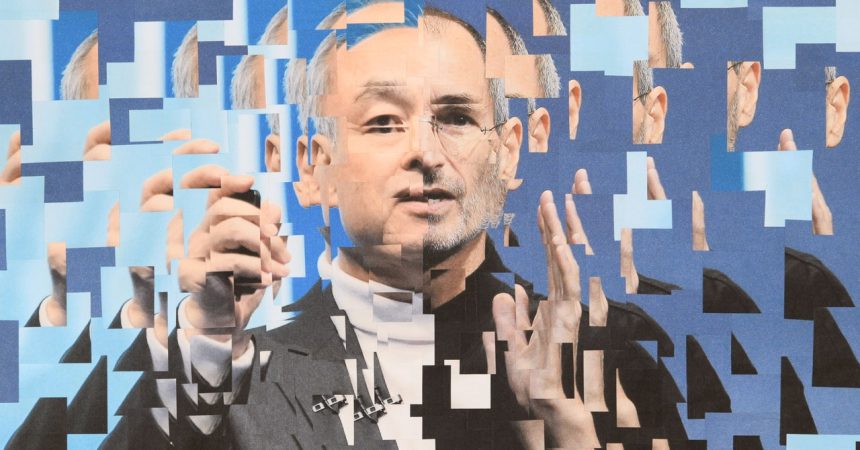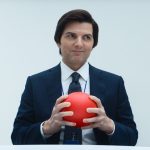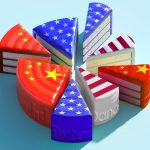Masayoshi Son, the visionary founder of SoftBank, possessed an uncanny ability to foresee technological advancements and capitalize on them. This foresight led him to forge a unique relationship with Steve Jobs, the iconic leader of Apple, a connection built on mutual respect, shared ambition, and a touch of calculated risk. Their interactions, often shrouded in secrecy, would ultimately reshape the landscape of the mobile phone industry, particularly in Japan. One such interaction, central to this narrative, involved the nascent iPhone, a device poised to revolutionize personal communication.
Ellison’s opulent estate, a sprawling 23-acre compound reminiscent of a Japanese emperor’s palace, served as the backdrop for many discussions about the burgeoning internet age. Built over a decade with meticulous attention to detail, including nail-less construction and earthquake-resistant walls, the $70 million estate symbolized the convergence of tradition and innovation. It was here, amidst the discussions of fluctuating stock valuations and the dotcom bubble, that Masa and Jobs recognized the transformative potential of the internet. They understood that the true revolution lay not in market fluctuations, but in the advent of a networked world, a world where Apple would innovate and SoftBank would invest and operate.
Apple, already a tech giant with a portfolio of successful products, was working on a top-secret project: the iPhone. Jobs, notoriously protective of his ideas, kept the project under wraps. However, during a visit to California in 2005, Masa presented Jobs with his own vision of a mobile-enabled iPod, a device with a large display, running the Apple operating system, and capable of processing data and images. Jobs, while initially dismissive, hinted at his own project, the iPhone, sparking Masa’s curiosity and determination.
Intrigued and persistent, Masa secured a follow-up meeting at Jobs’ Palo Alto home. There, in a moment of what seems like impulsive generosity, or perhaps calculated strategy, Jobs verbally agreed to grant SoftBank exclusive distribution rights for the iPhone in Japan. This agreement, devoid of written contracts or detailed terms, was a “gentleman’s agreement,” contingent on Masa’s ability to acquire a mobile phone business. It was a testament to the mutual trust, or perhaps a shared appetite for risk, between these two titans of technology.
This verbal agreement, made three years before the iPhone’s launch in Japan, became the catalyst for Masa’s audacious $17 billion acquisition of Vodafone Japan. This highly leveraged deal, the largest in Asia at the time, was a gamble predicated on the promise of a revolutionary product. Masa, armed with Jobs’ verbal commitment, bet on the iPhone’s potential to transform the mobile landscape and elevate SoftBank’s position in the Japanese market. Two weeks after the Vodafone acquisition, Jobs visited Tokyo, where Masa reminded him of their agreement. Jobs, acknowledging the “crazy” nature of the deal, reaffirmed his commitment, solidifying the partnership and setting the stage for the iPhone’s triumphant entry into the Japanese market.
This anecdote, bordering on legend, illustrates the unique relationship between Masa and Jobs. It underscores Masa’s foresight and willingness to take calculated risks, and Jobs’ confidence in his own vision. The exclusive distribution deal, secured through a handshake and mutual understanding, proved to be a masterstroke. It enabled SoftBank to build a lucrative consumer business, establish itself as a leading force in the Japanese mobile market, and cement the enduring legacy of Masayoshi Son, the visionary who bet big on the future and won. This story remains a compelling example of how trust, ambition, and a shared belief in the transformative power of technology can reshape industries and forge lasting partnerships.



